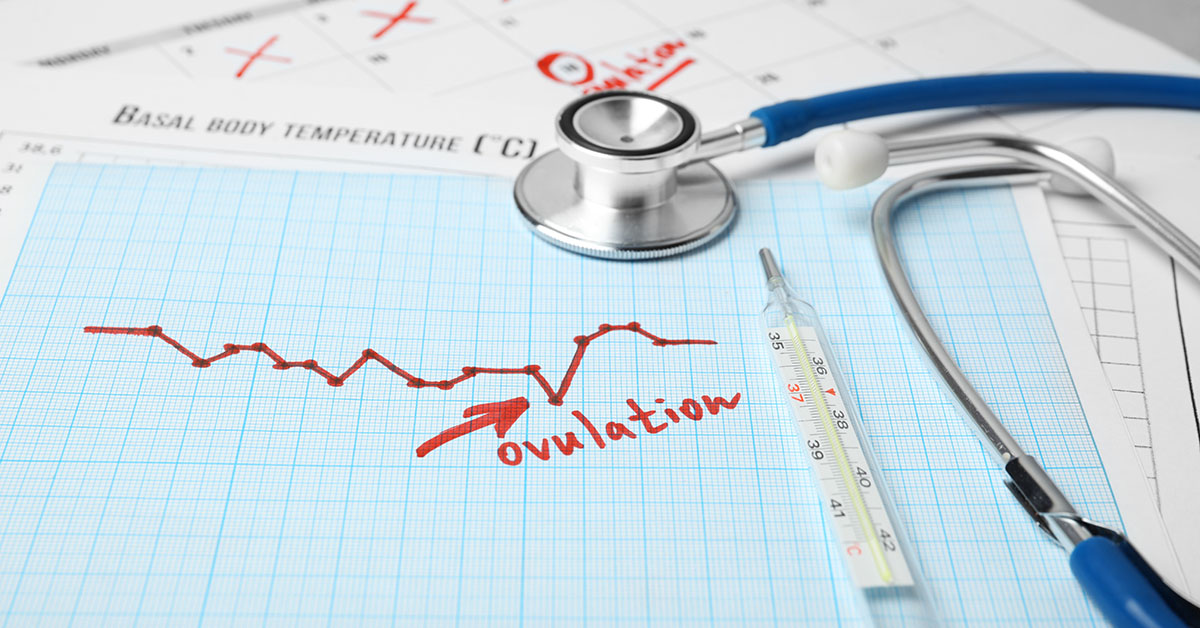
According to the American Society for Reproductive Medicine, the inability to have a child affects 1 in every 7 women in the United States. That is not to say that infertility is solely a female problem. Both partners need to be evaluated once infertility has been diagnosed. Female fertility tests can be very basic or they can be more in-depth. Talk to your fertility specialist about which of the following tests you may need.
Medical History
The first step for diagnosing any medical problem is to have a comprehensive medical history. The doctor will begin by getting a medical history and asking for details about your health and your life in general. Be prepared to answer questions about your:
- Pregnancy history
- Menstrual history
- Birth control history
- Surgical history
- Current medications
- Chronic health problems
- History of sexually transmitted infections (STIs)
- Family history of certain health conditions
- Work environment
- Lifestyle factors like diet and how active you are
After a complete medical history is taken, a physical exam is often done. In addition to the standard parts of a physical (height, weight, blood pressure, heart rate, etc), your doctor may perform the following:
- Pelvic exam
- Pap smear
- Thyroid exam
- Breast exam
Ovulation Evaluation
Ovulation is one of the required components of conception, so one of the first things a fertility specialist will check for in women is whether or not she is ovulating. Then, they need to find out how many eggs are left for possible fertilization. The tests that evaluate ovulation can be put into two categories:
- Ovulation testing: Tests that indicate whether a woman is ovulating are often at the top of the list of female fertility tests. Urine tests that check the level of luteinizing hormone (LH), which surges before ovulation, are available over-the-counter so they can be done at home. Your specialist may also recommend blood tests to check the levels of other hormones that indicate ovulation:
- Follicle-stimulating hormone (FSH)
- Estradiol (estrogen)
- Progesterone
- Prolactin
- Testosterone and other androgens
- Thyroid-stimulating hormone (TSH)
- Luteinizing hormone (LH)
- Ovarian reserve testing: These tests help fertility specialists determine how many eggs are available are ovulation and their quality. Ovarian reserve testing is done through blood tests that check hormone levels as well as ultrasound imaging tests.
Reproductive Organ Function Tests
The following tests may be done to check for abnormalities in the reproductive system:
- Pelvic ultrasound: Ultrasound images of the uterus and fallopian tubes can be used to check for abnormalities. A saline infusion sonogram, or sonohysterogram, is a specialized pelvic ultrasound that uses saline to get more detailed images of the uterus.
- Hysterosalpingogram (HSG): An x-ray image of the uterus and fallopian tubes is created with the assistance of contrast dye. The dye is injected into the uterus through the cervix and can indicate whether there is a blockage or structural problem.
In some cases, further testing is required to evaluate fertility. These tests are less common than those that check ovulation. Your fertility specialist is the best authority on which tests you need, so they will only recommend the following based on the results of earlier tests.
- Hysteroscopy: If the results of an HSG or saline sonogram suggest there might be abnormalities in the reproductive system. A device with a telescope-like camera is inserted into the uterus through the cervix. The physician can then examine the uterus and look for abnormalities and even correct them.
- Laparoscopy: A laparoscopy is a minimally invasive surgery done under general anesthesia. It can be one of the recommended female fertility tests if the fallopian tubes and ovaries need to be examined as well as the uterus. It is a common procedure used to diagnose and treat conditions like endometriosis.
- Endometrial biopsy: A tissue sample is taken from the endometrium, or uterine lining. The sample is then examined to determine whether or not the endometrium is receptive enough for an egg to implant and grow.
Other Tests
The following tests may also be recommended based on individual circumstances:
- Metabolic testing: These are blood tests usually done in the fasting state to determine if there is a metabolic component to a woman’s fertility.
- Genetic and chromosomal testing: These tests can tell whether there is a genetic or chromosomal component to a woman’s infertility.
At Carolinas Fertility Institute, we know that dealing with infertility is a challenging time. Our team strives to provide expert care with compassion for our patients. If you have concerns about your fertility, call our Triad office at (336) 448-9100 or our Charlotte office at (844) 686-2233 to make an appointment.